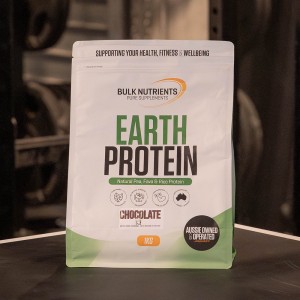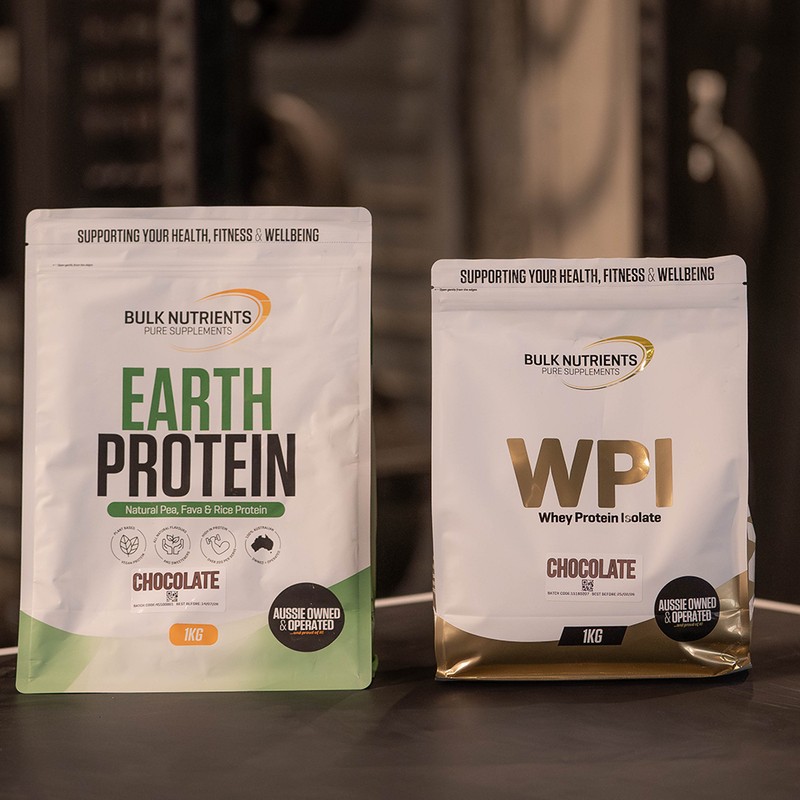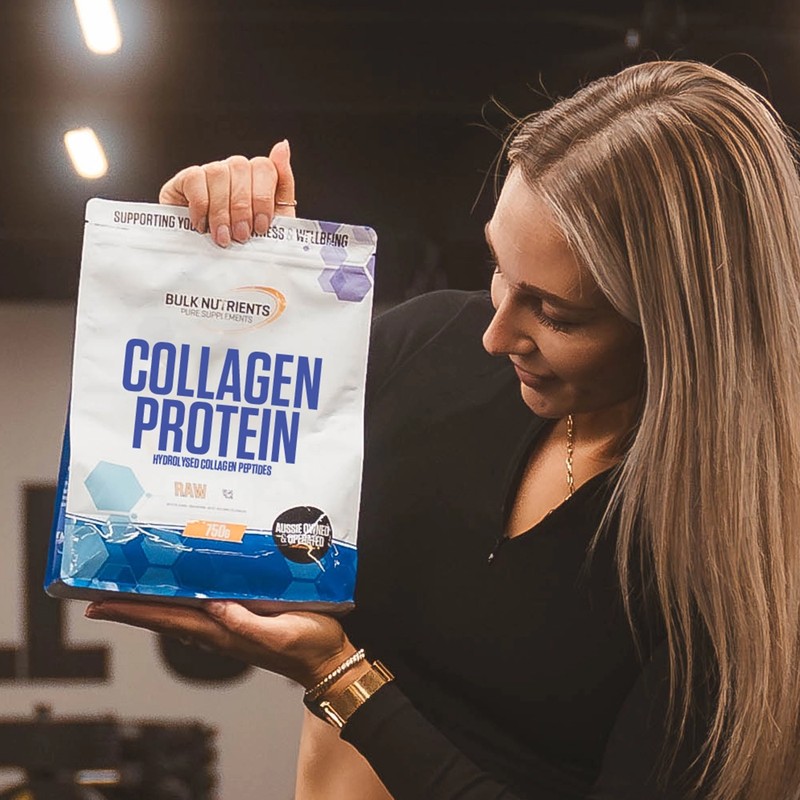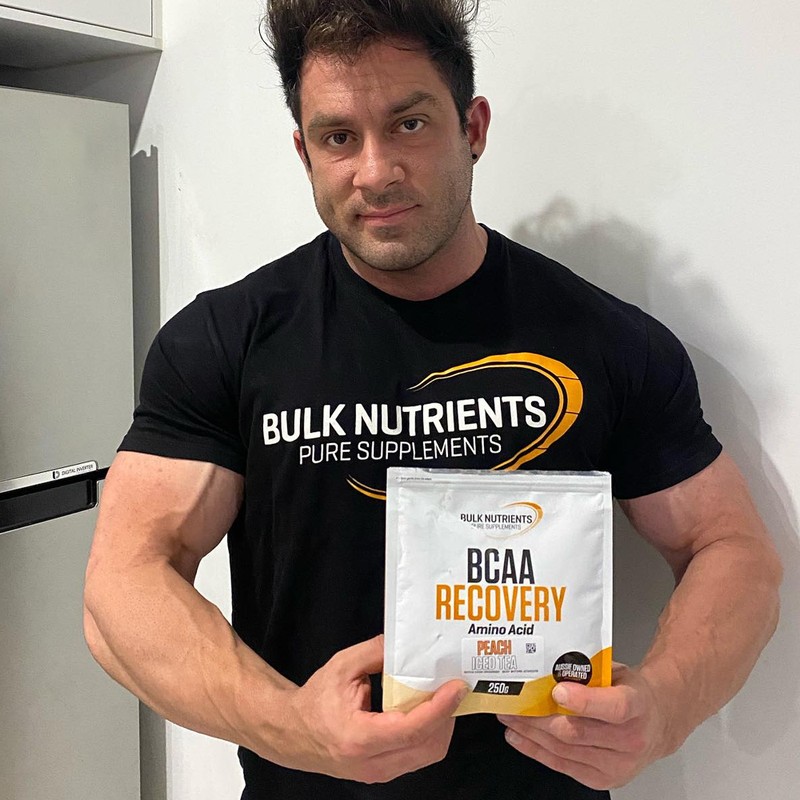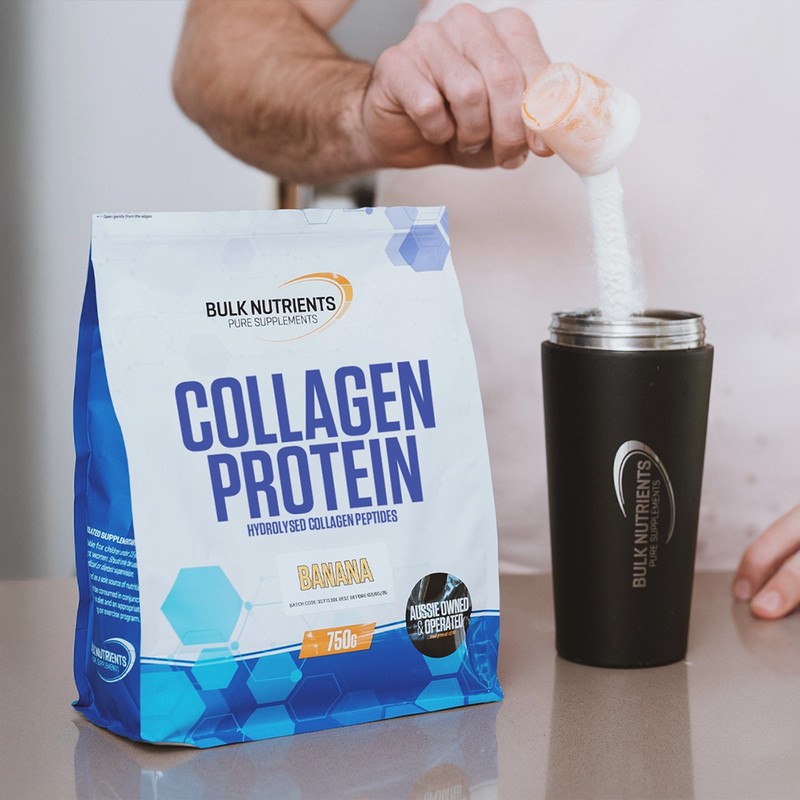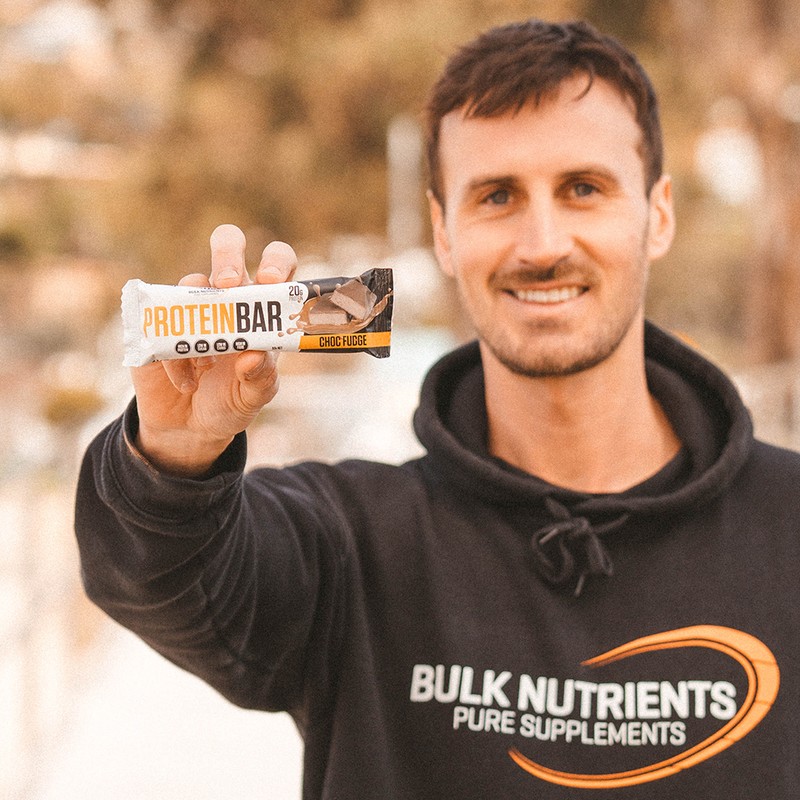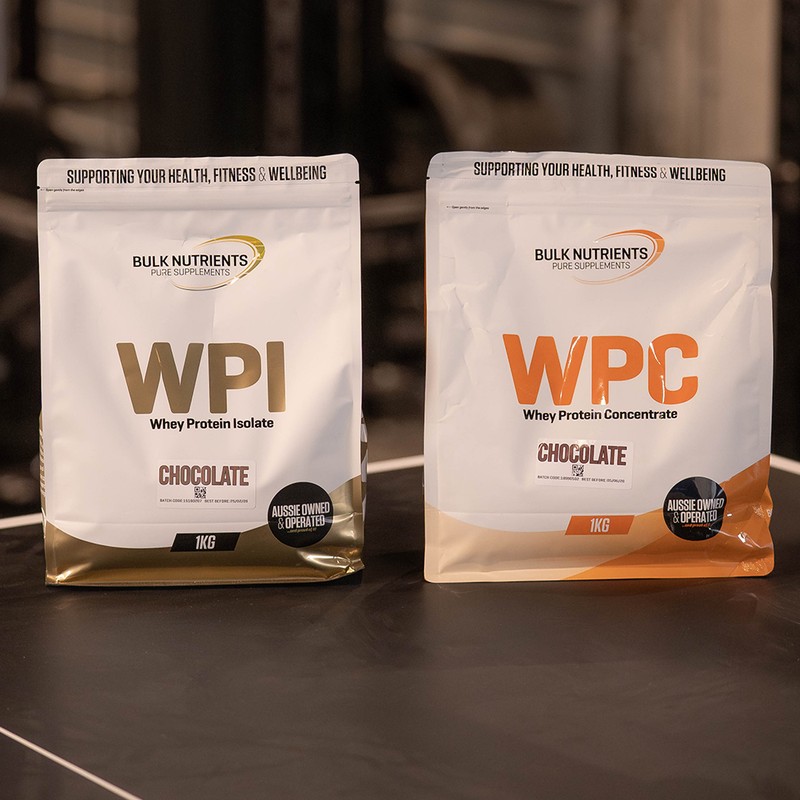Adaptive Metabolism: How to Set the Right Calories

What is Adaptive Metabolism?
Adaptive metabolism — sometimes called metabolic adaptation — is your body’s built-in survival system. When you cut calories or increase training, your body doesn’t just burn through fat without question. Instead, it gets clever and starts slowing things down to conserve energy.
This mechanism once helped our ancestors survive food shortages, but in today’s world it often works against us. Instead of steady fat loss, you might find your progress stalling — not because your plan is wrong, but because your metabolism has adapted.
Why Your Body Fights Fat Loss
The science behind metabolic slowdown comes down to energy conservation. When you cut calories, your body doesn’t know you’re dieting for physique goals — it thinks food is scarce. In response, your metabolic rate drops so you burn fewer calories both at rest and during exercise.
Several factors drive this slowdown:
- Hormonal changes – levels of leptin and thyroid hormones dip, reducing energy expenditure.
- Muscle loss – eating too few calories or protein can cause muscle breakdown, further lowering your daily burn.
- Reduced activity – you may unconsciously move less throughout the day, a phenomenon known as NEAT (non-exercise activity thermogenesis).
By understanding these mechanisms, you can adjust your training and nutrition strategy to keep progress moving forward instead of stalling.

Why Calorie Targets Stop Working
Hitting a plateau doesn’t always mean you’ve failed — it’s often just your body adapting. After weeks or months in a calorie deficit, your metabolism starts to adjust, burning fewer calories and conserving more energy. This natural process, known as adaptive metabolism, makes your old calorie targets less effective over time.
The Role of a Calorie Deficit
A calorie deficit is the foundation of weight loss — you need to burn more energy than you consume. At first, this works like a charm. You drop weight as your body taps into stored fat for fuel. But here’s the catch: over time, your body gets better at functioning on fewer calories, slowing your metabolic rate and stalling your progress. That’s why so many people hit a weight-loss plateau even when sticking to the same plan.
Signs of a Dieting Plateau
Recognising the signs early can help you adjust before frustration sets in:
- Stalled progress: The scale hasn’t budged in weeks despite consistent effort.
- Constant hunger: Your appetite ramps up as your body pushes back against the deficit.
- Fatigue and low energy: Everyday tasks and workouts feel harder than they should.
- Mood swings: Hormonal changes tied to restricted calories can leave you feeling irritable.
If these sound familiar, it doesn’t mean you’re off track — it just means your body has adapted, and it’s time to rethink your calorie targets.

Adjusting Your Approach
When adaptive metabolism kicks in, it doesn’t mean your progress is over. It just means your body has caught up to your routine, and it’s time to make smart adjustments. Small changes to calorie intake and food choices can help you sidestep plateaus and keep your results moving in the right direction.
Setting the Right Calorie Targets
To beat metabolic adaptation, you need to recalibrate your calorie targets. Here’s how:
- Reassess your intake: Use a calorie calculator to find your new basal metabolic rate (BMR) and adjust.
- Increase protein intake: Protein has a higher thermic effect, meaning your body burns more calories digesting it.
- Monitor energy output: Track your physical activity and adjust calorie targets based on actual energy use.
By fine-tuning your calorie intake instead of drastically reducing it, you can avoid metabolic slowdown and maintain steady fat loss.
Incorporating Nutrient-Dense Foods
Calories aren’t the whole story — quality matters too. Choosing nutrient-dense foods supports your metabolism, fills nutrient gaps, and helps regulate appetite. Aim to build your meals around:
- Leafy greens: Spinach, kale, and broccoli are nutrient-packed and low in calories.
- Lean proteins: Chicken, fish, and tofu help maintain muscle.
- Healthy fats: Avocados, nuts, and seeds provide essential fatty acids and help keep you full.
These foods don’t just help with weight management — they also keep your body fuelled and healthy while you’re in a deficit.

Practical Strategies for Overcoming Plateaus
Adaptive metabolism can feel frustrating, but the good news is that there are tried-and-true strategies to keep your progress moving. Instead of slashing calories endlessly, focus on smart approaches that work with your body, not against it.
Calorie Cycling and Reverse Dieting
Two advanced tools for breaking through metabolic roadblocks are calorie cycling and reverse dieting.
- Calorie cycling: Alternating between higher and lower calorie days can prevent your metabolism from slowing down while still keeping you in an overall deficit.
- Reverse dieting: Gradually adding calories back into your diet helps restore your metabolic rate, reduce hunger, and create a healthier long-term foundation for fat loss.
Both strategies require patience and consistency, but when applied properly, they can reset your metabolism and improve sustainability.
Monitoring and Adjusting
Staying aware of your body’s signals is just as important as the numbers on the scale. Keep track of how your metabolism is adapting and make adjustments as needed:
- Use tracking tools: Wearables or heart rate monitors can help estimate energy expenditure trends.
- Keep a food diary: Logging meals shines a light on calorie intake and nutrient balance.
- Get expert input: A dietitian or nutrition professional can provide personalised tweaks that make a big difference.
The more consistent your tracking, the easier it is to spot patterns and know when to adjust.
Making Your Metabolism Work for You
A slowing metabolism doesn’t have to mean stalled results. Adaptive metabolism is your body’s built-in survival mechanism, but with the right strategies, you can turn it into an ally rather than a roadblock. By setting smarter calorie targets, fuelling up on nutrient-dense foods, and experimenting with approaches like calorie cycling or reverse dieting, you can keep progress steady without burning out.
Think of it as working with your metabolism, not fighting against it. Stay patient, consistent, and flexible — and your body will reward you with results that actually last.

Nick is Bulk's Customer Service team's Technical Support Officer.
Which is our way of saying he's the guy whose job it is to answer your obscenely technical supplement questions.
More about Nick TelescaRelated Blogs

Will Home Workouts Help Me Lose Weight?
Posted by Bulk Nutrients
Estimated reading time: 6 minutes

Choosing a Protein Powder for Weight Loss
Posted by Bulk Nutrients
Estimated reading time: 5 minutes

How Green Tea Can Boost Your Energy and Metabolism
Posted by Bulk Nutrients
Estimated reading time: 9 minutes

